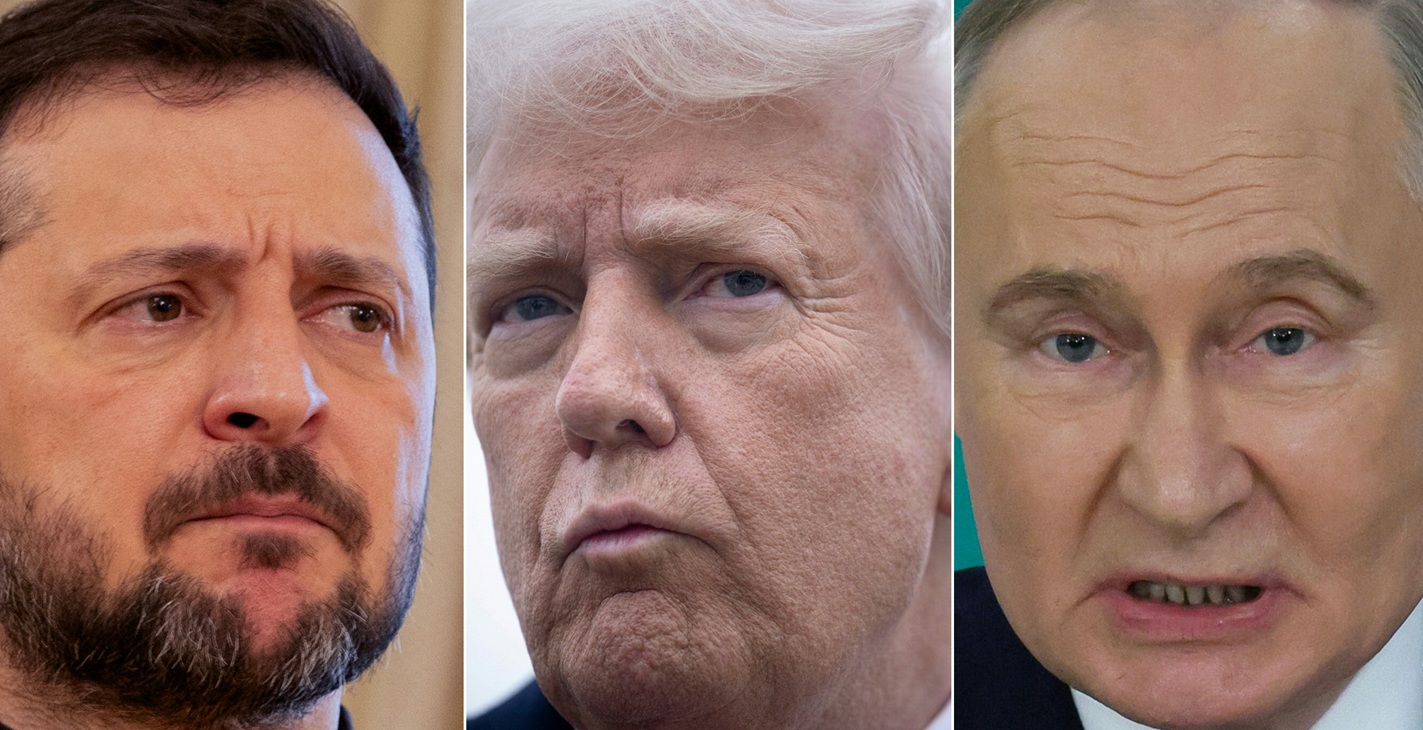
Is Trump failing in his efforts to end the war between Russia and Ukraine?
While Europe warns its citizens about the survival kit, nothing indicates that there will be an agreement to end the conflict.
Three years after the Russian invasion of Ukraine, and despite Donald Trump's return to the U.S. presidency with a promise to resolve the conflict "within 24 hours," international signals point to no near solution. While the White House insists on bilateral negotiations with Moscow and Kiev, fears of an escalation are growing in Europe. So much so that the European Commission has just launched an unprecedented campaign: every citizen of the 27-country bloc must be prepared to survive at least 72 hours in the event of a crisis or war.
The message is clear. While Trump multiplies his diplomatic meetings -some of them failed or abruptly cancelled-, the European Union prefers to assume that the conflict is going on for a long time and that the threat of a full-scale war, or of new disasters derived from the conflict, has not disappeared.
An unfruitful mediation
Trump has insisted that he can achieve a peace agreement between Ukraine and Russia. In February, he received Ukrainian President Volodymir Zelenski at the White House, but the meeting ended abruptly after the U.S. president proposed that the United States receive 50% of the revenues from the exploitation of minerals and oil on Ukrainian territory, as a form of "compensation" for the military support provided. Zelenski rejected the offer as it did not include territorial security guarantees or Russian commitments to disengagement.
Days later, Trump publicly expressed his anger with Russian President Vladimir Putin, whom he accused of "holding up" the negotiations. "I'm very pissed off with Putin," the president declared during an interview at Mar-a-Lago. However, beyond the diplomatic noise and threats of new tariffs on Russian crude, there has been no substantive progress towards a definitive cease-fire.
Europe prepares... for the worst
The distrust of Trump's strategy is palpable in Brussels. The European Commissioner for Crisis Management, Hadja Lahbib, confirmed to the AFP agency that the bloc will formally present this week a citizen preparedness strategy, which includes the recommendation to have a survival kit for at least three days, with water, non-perishable food, flashlights, medicines and personal documents protected.
"Preparing for the unexpected is not an act of paranoia, but of resilience," explained Lahbib, who recalled how collective panic emptied European supermarkets at the onset of the pandemic. "Knowing what to do in the event of a crisis helps prevent chaos."
The measure - inspired by the civil defense policy of Nordic countries such as Finland and Sweden - has been interpreted by analysts as a sign that Europe is not confident of an immediate resolution of the conflict, and is even contemplating scenarios of military escalation, cyber-attacks or energy cuts.
RELATED CONTENT
Partial agreements, conflict intact
Although a technical ceasefire agreement was recently reached in certain areas of the Black Sea and on energy infrastructure, drone attacks and exchanges of fire continue. Russia has hardened its territorial position, and Ukraine, backed by European allies, is not relenting in its claim to regain Donetsk, Lugansk, Crimea and other occupied regions.
In this context, Trump's proposal - to negotiate directly with Putin and offer economic incentives in exchange for a supposed peace - has been questioned by European leaders and international security experts. For some experts Trump is not building peace, he is redrawing alliances outside the rules.
Failure or maneuver?
Just three months after returning to the White House, Trump is facing the limits of his confrontational style. While he presents his administration as an indispensable player in bringing closure to the most important conflict in Europe since World War II, the facts on the ground and the reaction of Western allies point in the opposite direction.
The European fear is not only that Trump will not achieve peace, but that his actions, focused on economic benefits and geostrategic control, will end up weakening the Ukrainian position and further destabilizing the region.
Since his election campaign, Trump has insisted that he alone could resolve the conflict. But with the passing months and the lack of tangible results, that promise is looking more and more like an unsubstantiated narrative. Meanwhile, Europeans are doing what they do best: quietly preparing for the worst.


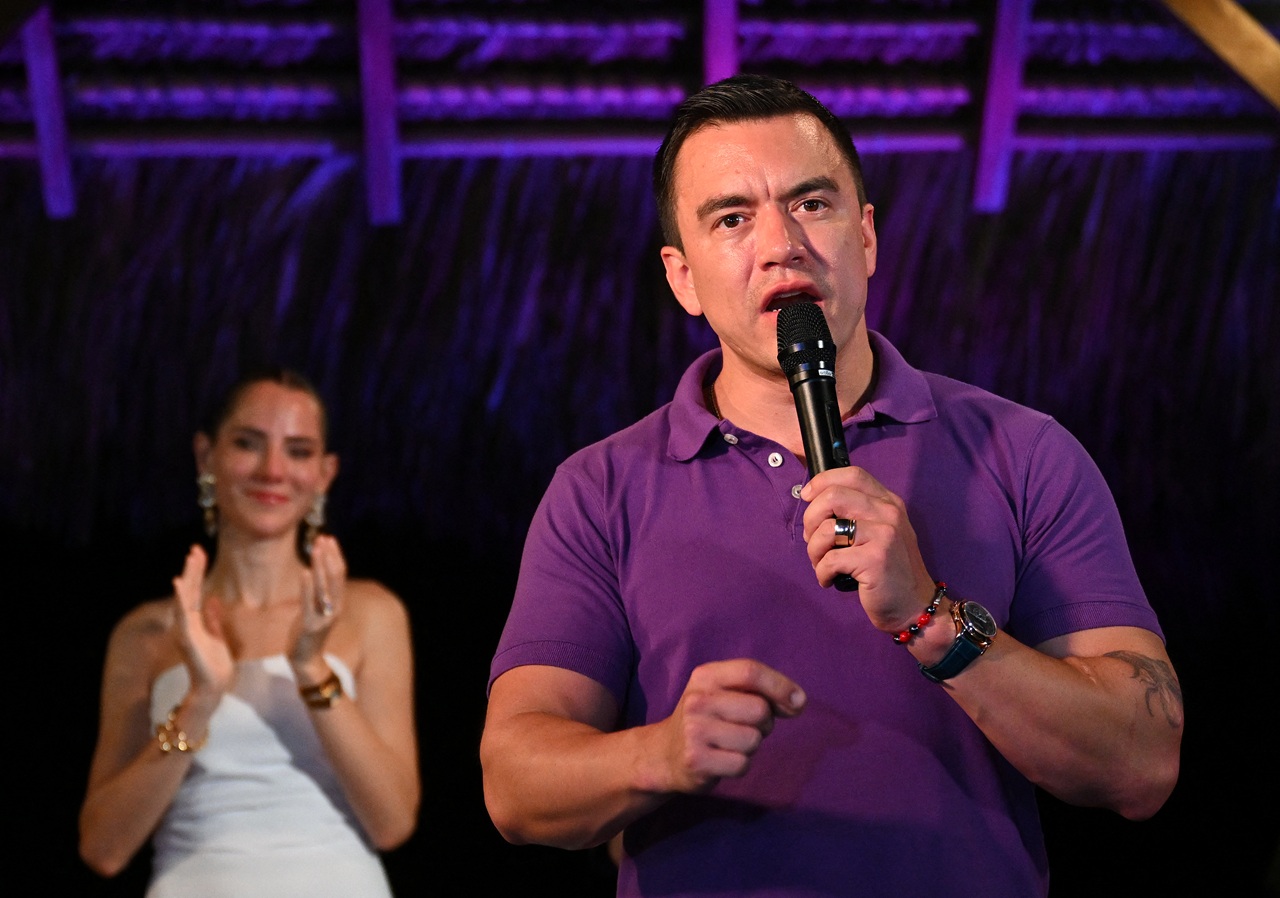
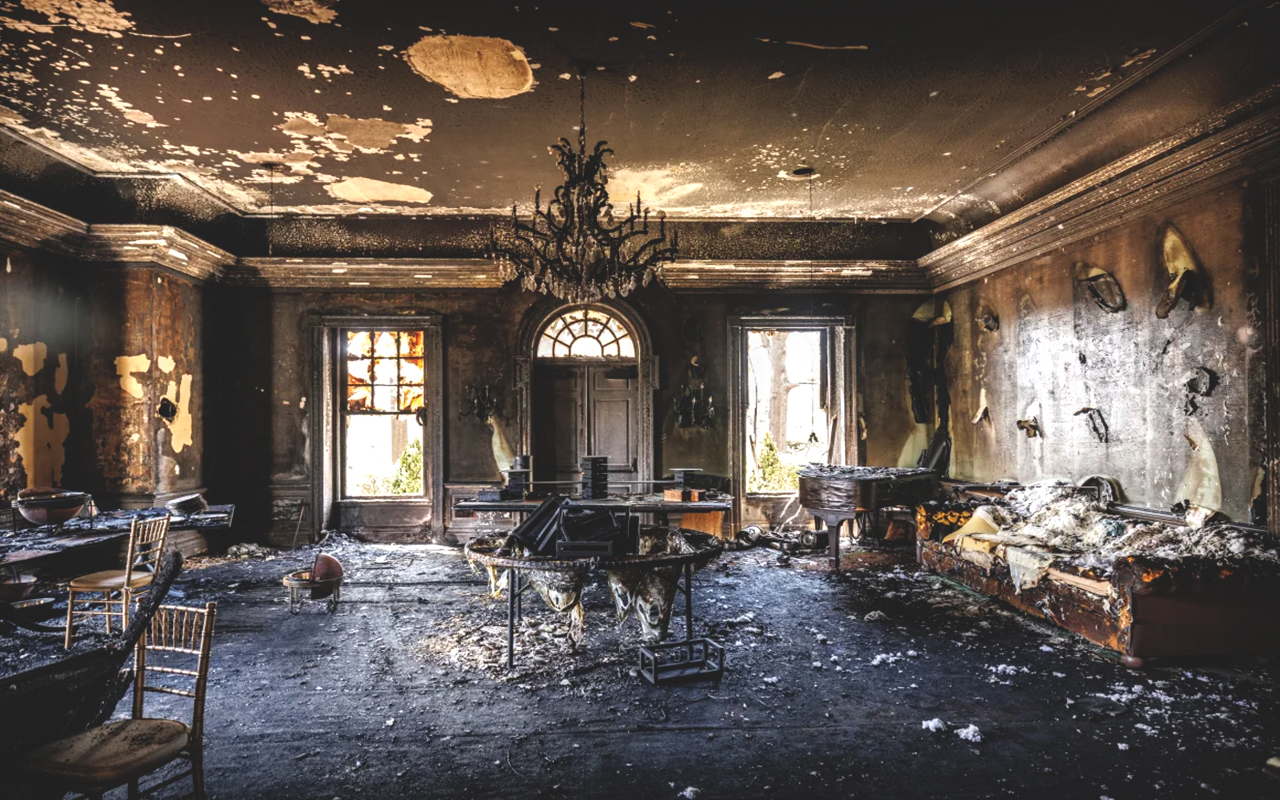
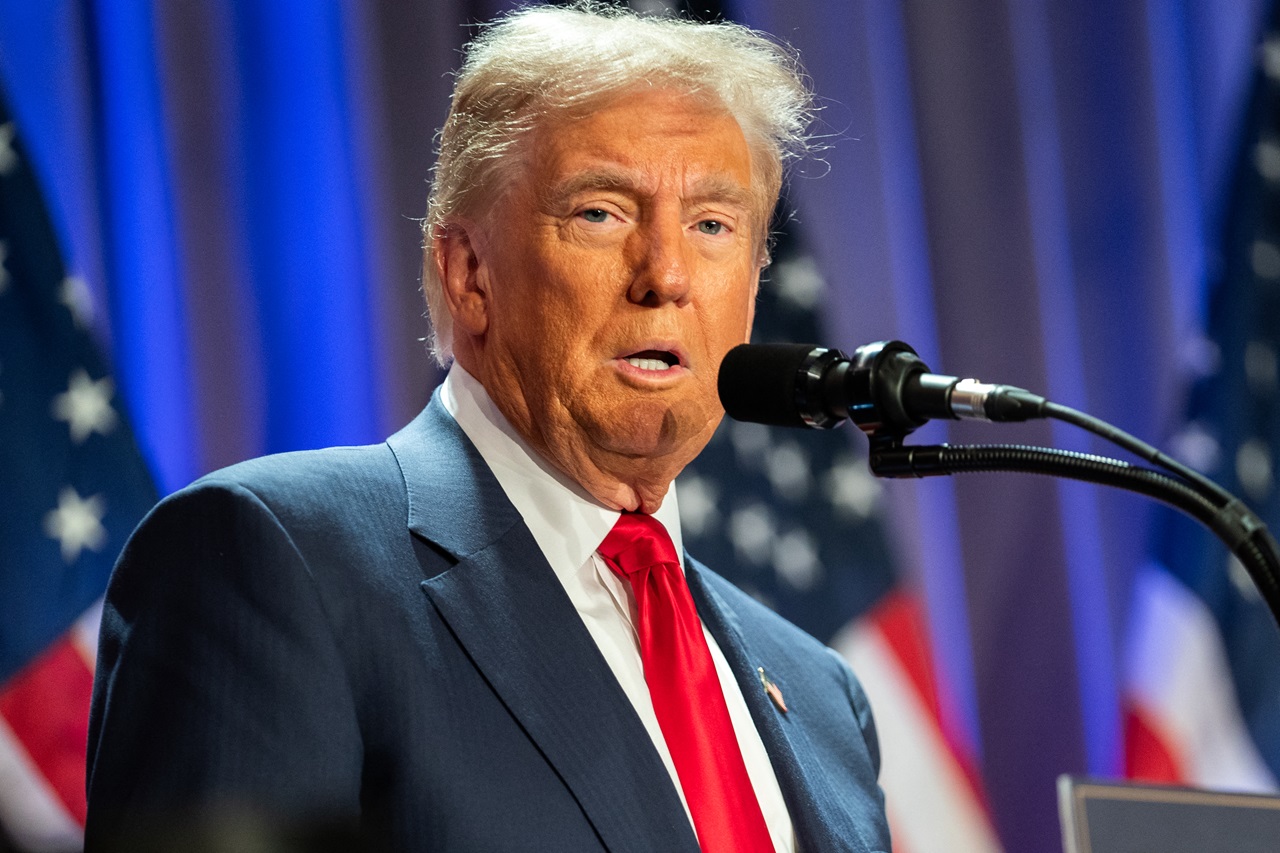

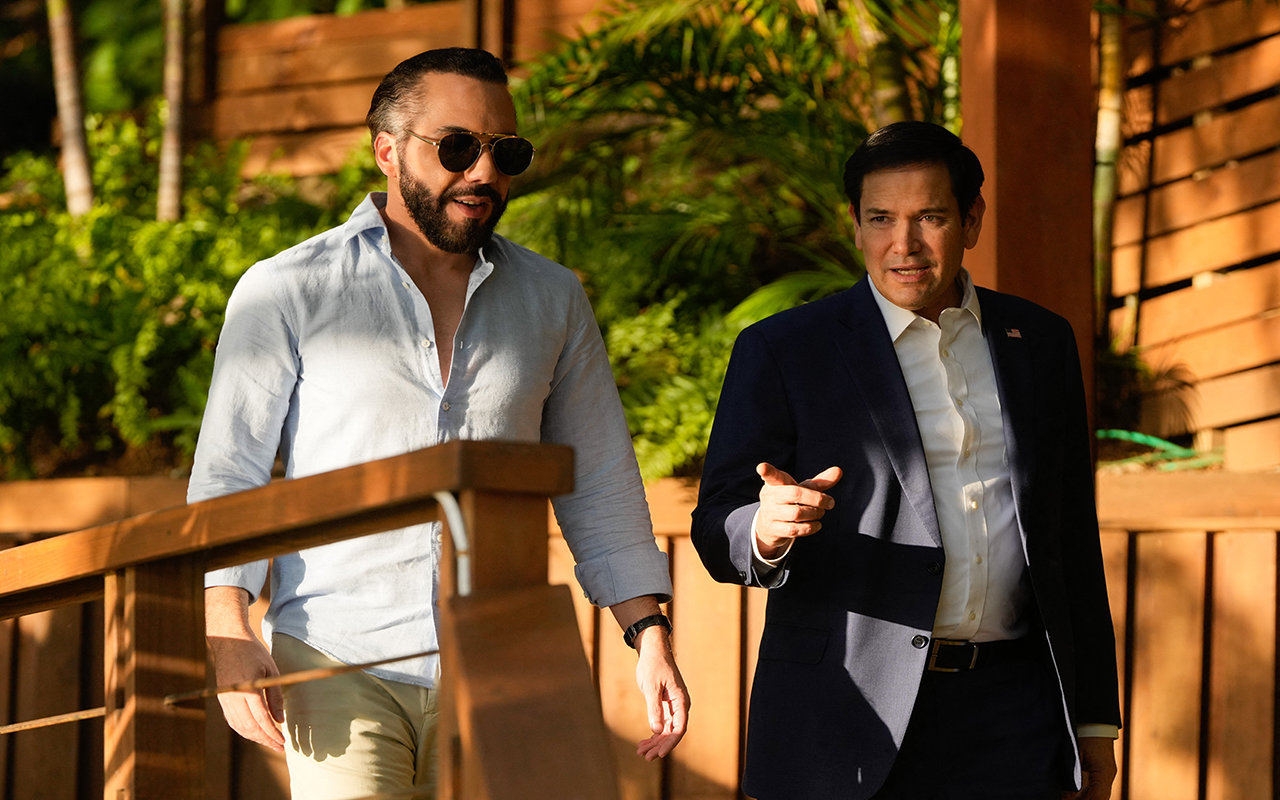

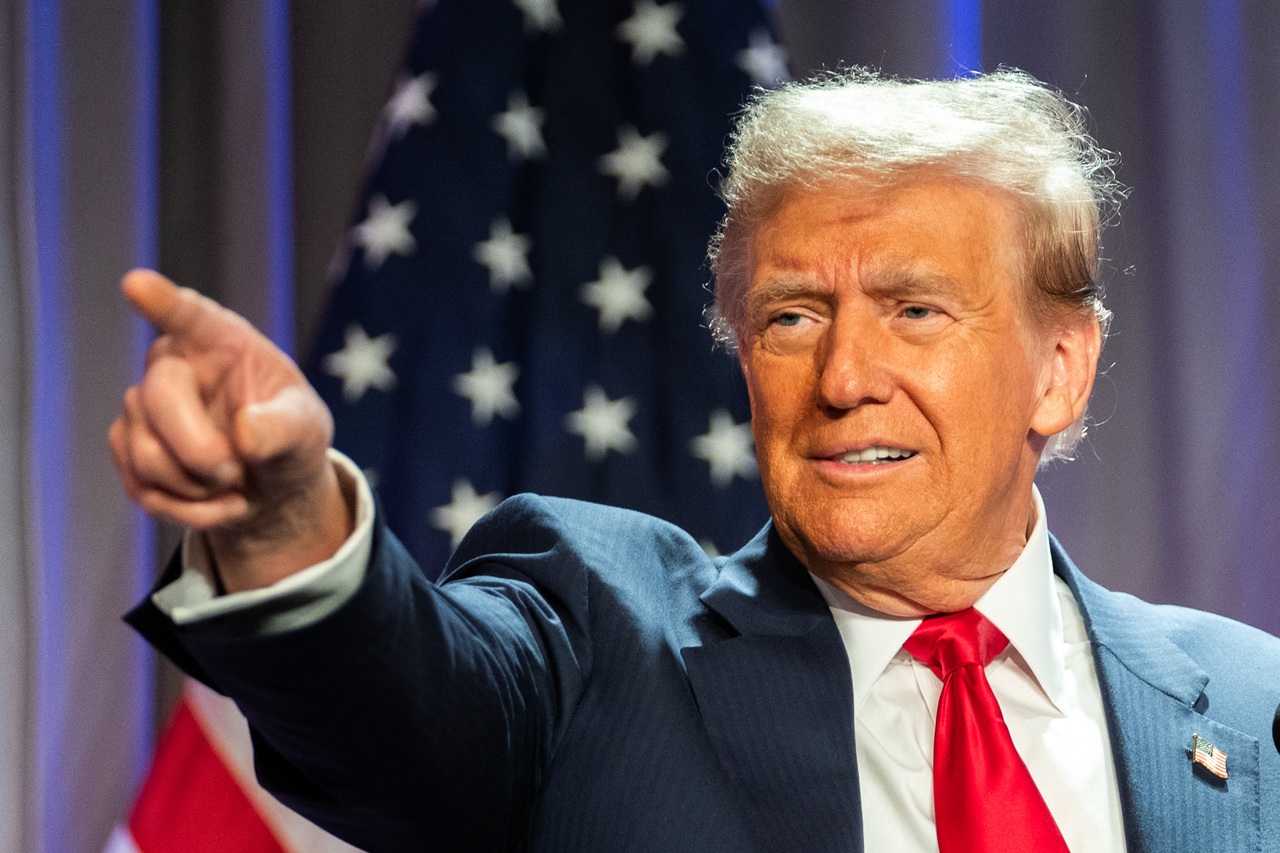
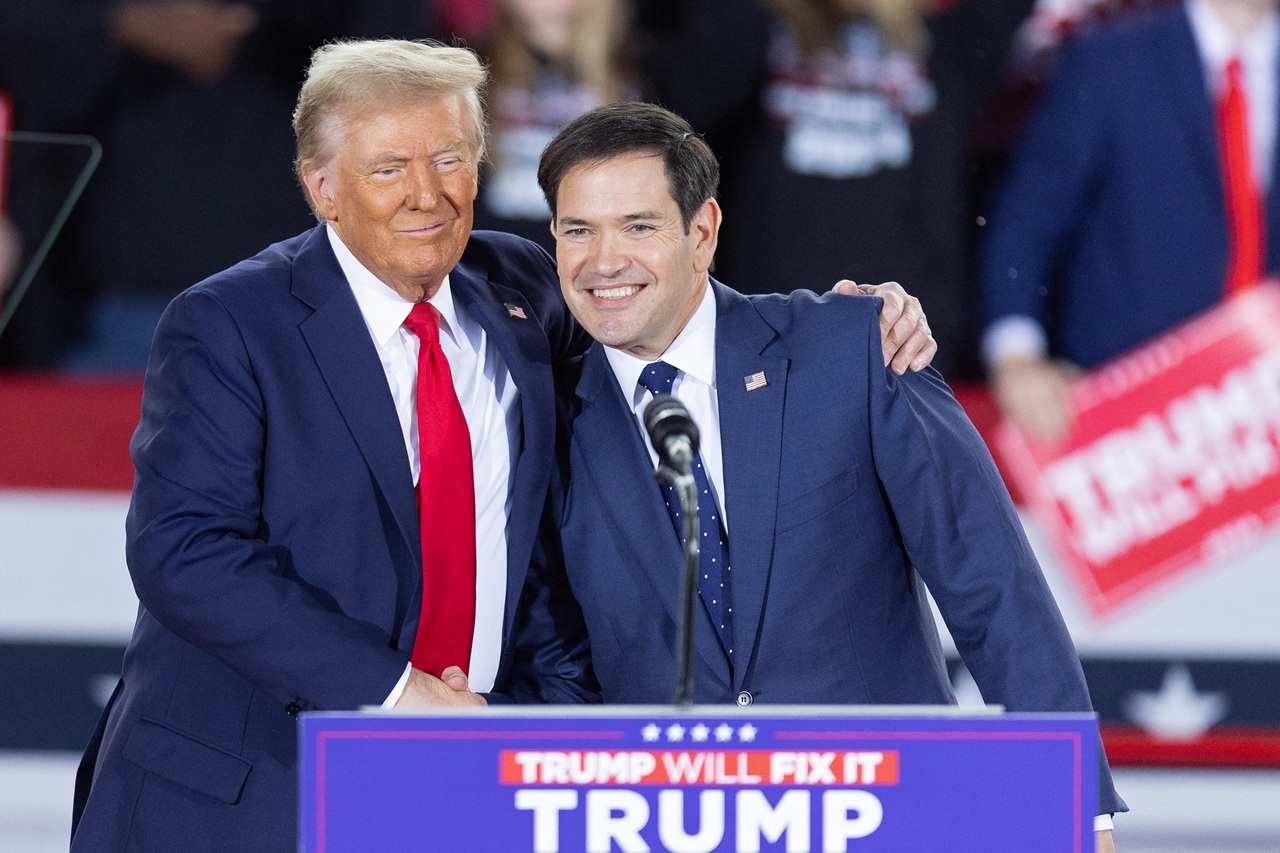

LEAVE A COMMENT: